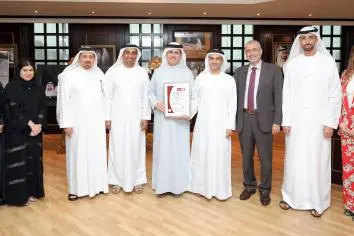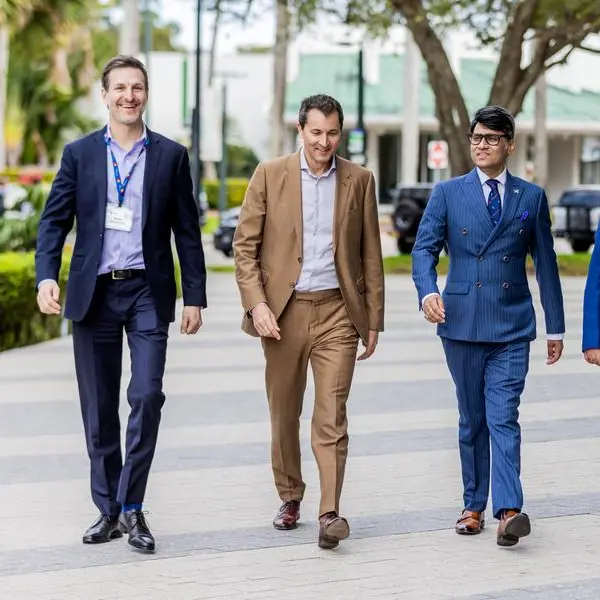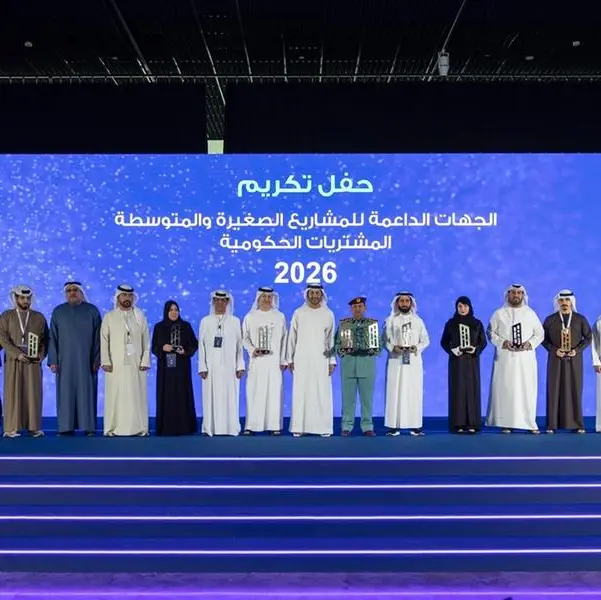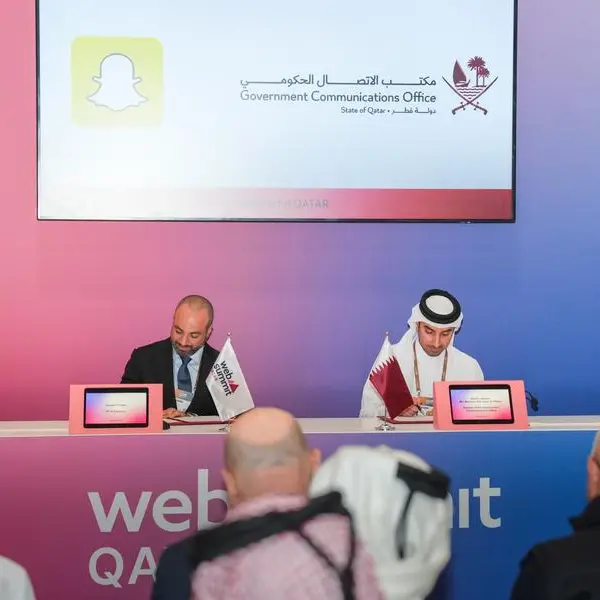PHOTO
Dubai, UAE: Dubai Electricity and Water Authority (DEWA) has received the ISO 50001 for its energy management system at its headquarters, in recognition of its efforts for promoting and managing energy efficiency. DEWA integrates energy efficiency into its management practices to increase awareness of energy use, reinforce good energy management behaviours and make better use of existing energy-consuming assets and processes. It also helps DEWA identify its priorities by adopting the latest energy-saving technologies.
DEWA’s headquarters was awarded the ISO certification 50001 based on the audit conducted by the Bureau Veritas, one of the world's leading and specialised organisations in this field. DEWA intends to implement the system at its operations and buildings, including the Customer Happiness Centres, administrative buildings, power stations, substations, and its vehicle fleet.
HE Saeed Mohammed Al Tayer, MD & CEO of DEWA, received the certificate in the presence of Waleed Salman, EVP of Business Development and Excellence, Dr. Yousef Al Akraf, EVP of Business Support and Human Resources at DEWA; Yousef Jebril, EVP of Power, Water & Planning; Abdullah Al Hajri, EVP of Billing Services; Mohammed Abdulkarim Al Shamsi, Senior Manager of Climate Change and Sustainability at DEWA, and other members of the relevant team.
“We are delighted to receive this important energy management system certificate. It supports our vision to become a sustainable innovative world-class utility, and a role model for all public and private organisations in Dubai in the fields of sustainability, environmental and natural resource conservation, as per the UAE Vision 2021 and Dubai Plan 2021. It enables us to explore further opportunities for improvement and reducing operating costs in energy consumption. This system will also contribute to DEWA’s efforts in reducing its carbon footprint and environmental impact. It supports our efforts to realise the objectives of the Dubai Demand Side Management Strategy to reduce energy and water demand by 30% by 2030, and the Dubai Carbon Abatement Strategy to reduce carbon emissions by 16% by 2021,” said Al Tayer.
-Ends-
For more information, please contact:
Ribal Dayekh or Mosaad Abdelrahman
Dubai Electricity and Water Authority
+971 4 322 2405 or +971 4 322 3833
mosaad.abdelrahman@dewa.gov.ae
Joumana El Tarabulsi or Joyce Mourad
Publinet
+971 58 2221631 or +971 56 3757729
© Press Release 2018Disclaimer: The contents of this press release was provided from an external third party provider. This website is not responsible for, and does not control, such external content. This content is provided on an “as is” and “as available” basis and has not been edited in any way. Neither this website nor our affiliates guarantee the accuracy of or endorse the views or opinions expressed in this press release.
The press release is provided for informational purposes only. The content does not provide tax, legal or investment advice or opinion regarding the suitability, value or profitability of any particular security, portfolio or investment strategy. Neither this website nor our affiliates shall be liable for any errors or inaccuracies in the content, or for any actions taken by you in reliance thereon. You expressly agree that your use of the information within this article is at your sole risk.
To the fullest extent permitted by applicable law, this website, its parent company, its subsidiaries, its affiliates and the respective shareholders, directors, officers, employees, agents, advertisers, content providers and licensors will not be liable (jointly or severally) to you for any direct, indirect, consequential, special, incidental, punitive or exemplary damages, including without limitation, lost profits, lost savings and lost revenues, whether in negligence, tort, contract or any other theory of liability, even if the parties have been advised of the possibility or could have foreseen any such damages.




















